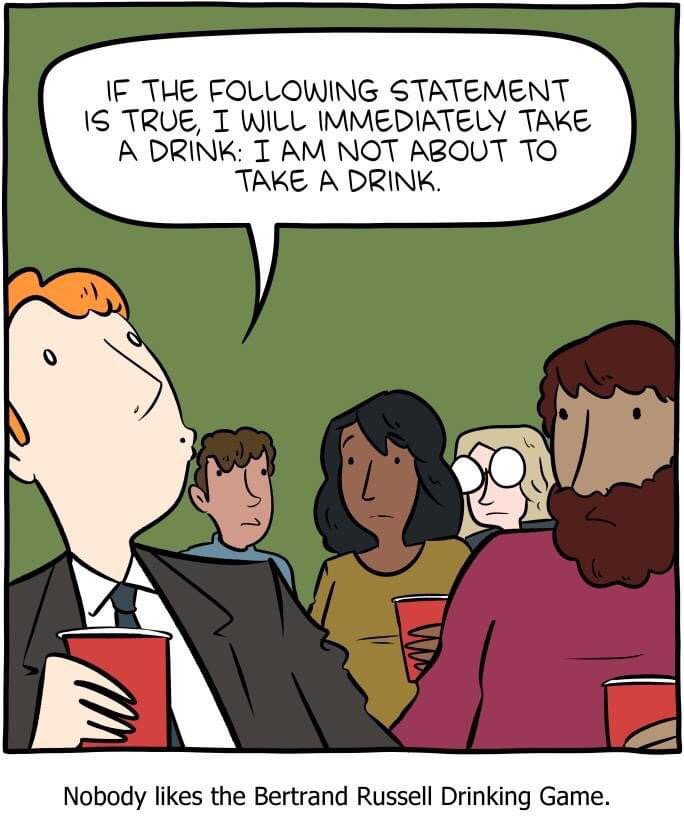1
2
3
4
8
11
10
11
13
14
16
17
18
19
20
21
23
24
25
9
Effective Altruism: The good it promises, the harm it does (Part 1: Introduction) - Reflective altruism
(ineffectivealtruismblog.com)
view more: next ›
